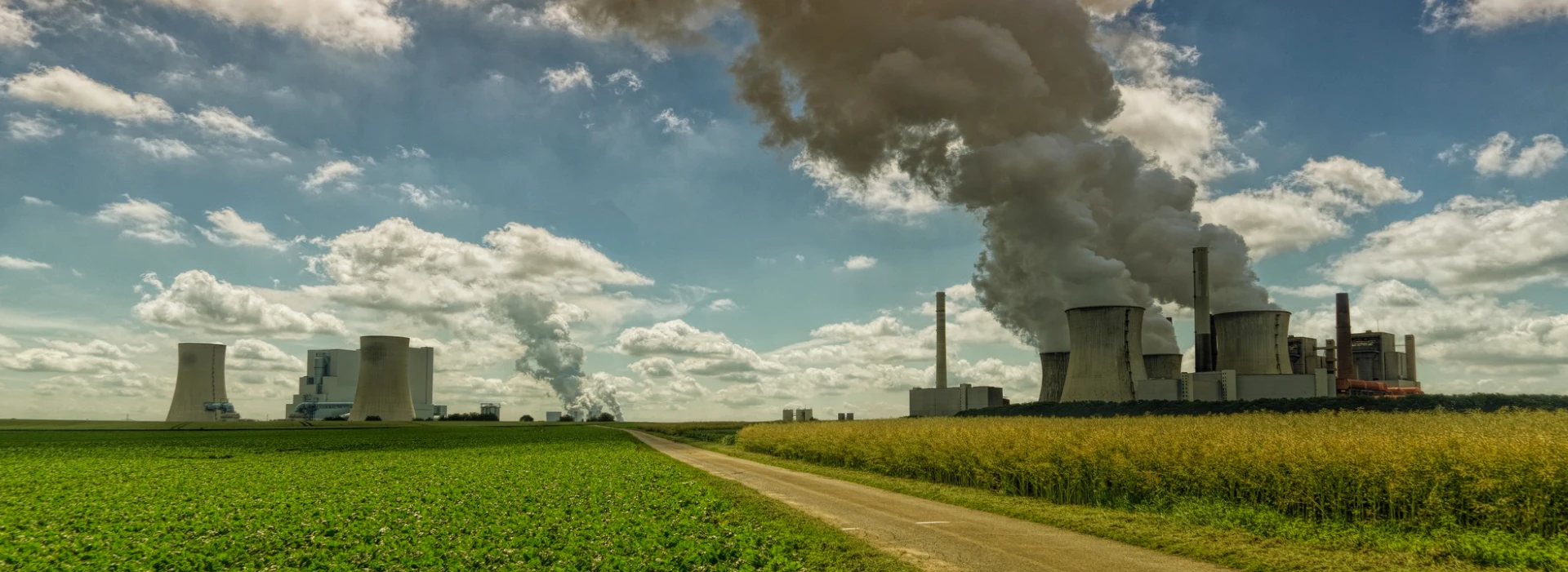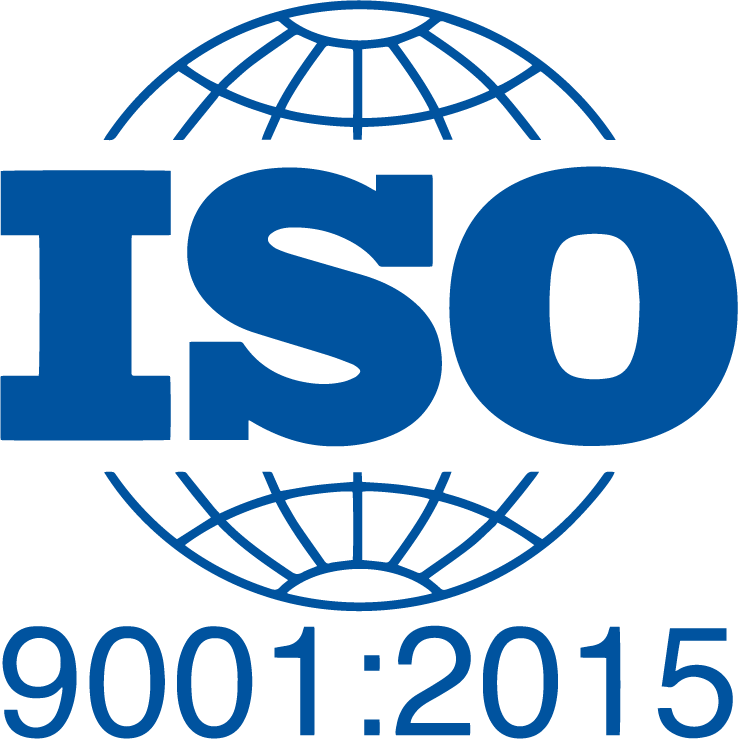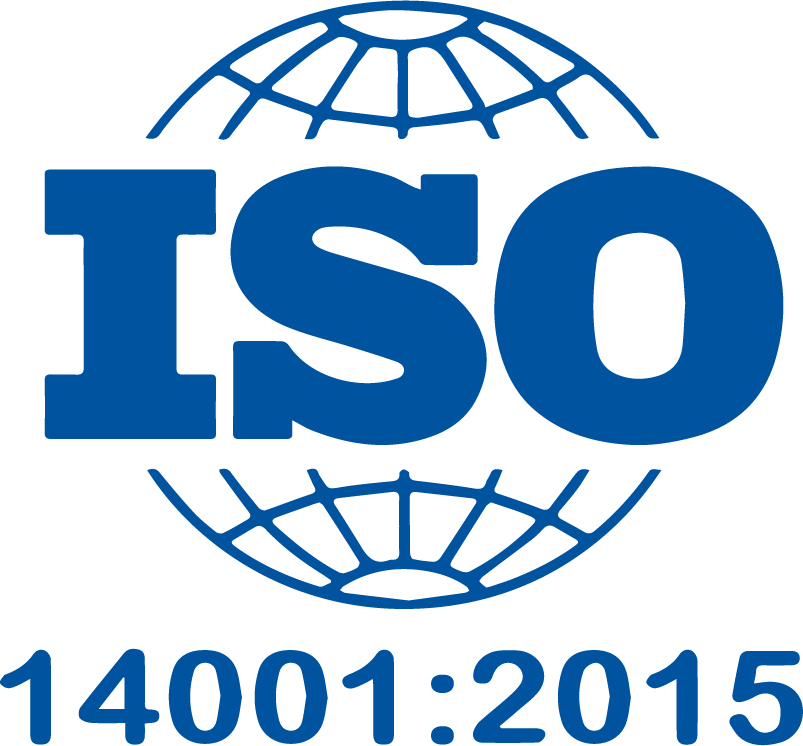Greenwashing: a risk to true sustainability.
In recent years, sustainability has become one of the key pillars in the world and also in the real estate and light industrial sectors. Almost concomitantly, the term greenwashing has become popular, referring to a phenomenon of misleadingly presenting a company’s environmental credentials, often through vague or misleading claims about the sustainability of its projects, to the point of outright manipulation.
As environmental awareness increases among investors and consumers of a good or users of a service, companies are being called upon to demonstrate their commitment:
-
In adopting sustainable practices;
-
In engaging in responsible conduct;
-
In conducting its activities with respect for the welfare of people and the environment;
-
In raising the awareness of all stakeholders to manage collaborative relationships under the banner of good governance.
However, the risk of greenwashing “is just around the corner.” Whenever this phenomenon manifests itself, moreover, it not only damages the reputation of the companies involved, but also drastically undermines the trust of investors, who also develop attitudes of skepticism and distrust toward those who are committed to implementing authentically sustainable practices within their processes and activities.
The phenomenon and implications in Logistics.
In a context where European regulations are becoming increasingly strict and stringent regarding sustainability, the lack of clear and measurable sustainability goals can lead to a negative perception by stakeholders, who are increasingly demanding transparency in ESG (environmental, social, and governance) practices. In the context of industrial and logistics real estate, greenwashing can manifest itself in subtle but harmful ways. Some companies invest in marketing campaigns to promote superficial certifications or sustainability measures that are not really applied in design and construction processes. For example, a building may be labeled “green” due to small changes, but without taking into account the overall impact on the environment or the life cycle of the materials used. Moreover, greenwashing initiatives not only generate false environmental benefits, but also risk steering companies away from the virtuous and necessary path toward carbon neutrality and real emissions reduction. When a logistics facility is designed with criteria that focus more on visibility than real sustainability, opportunities to optimize energy efficiency, implement renewable energy, and concretely reduce environmental impact are missed. Therefore, to effectively address the problem of greenwashing, it is essential, for example, that companies set well-defined and achievable sustainability goals; the adoption of third-party and internationally recognized certifications, such as BREEAM or LEED, can certainly help in this regard, acting as a guarantee for investors and customers regarding the veracity of the claims made.
SFS Best Practices Against Greenwashing.
SFS is committed to combating greenwashing through a series of established best practices:
-
We promote transparency in the communication of our green initiatives, making sure that every statement is supported by concrete and measurable data;
-
we work toward recognized certifications that validate our sustainability efforts;
-
we encourage entities in adopting best-practices in sustainability, especially where there is a lack of 360-degree awareness of their own conduct;
-
we are committed to setting clear and ambitious goals to reduce theenvironmental impact of our projects, thus helping to build a more sustainable future not only for ourselves but also for future generations.
Greenwashing represents a crucial challenge on the path to genuine sustainability. SFS reaffirms its commitment to overcoming this obstacle with concrete and transparent actions, demonstrating thatinnovation can and must be guided by ethical principles. Only a responsible and collaborative approach can ensure real change, promoting growth that respects the planet and the living beings that inhabit and will inhabit it.










